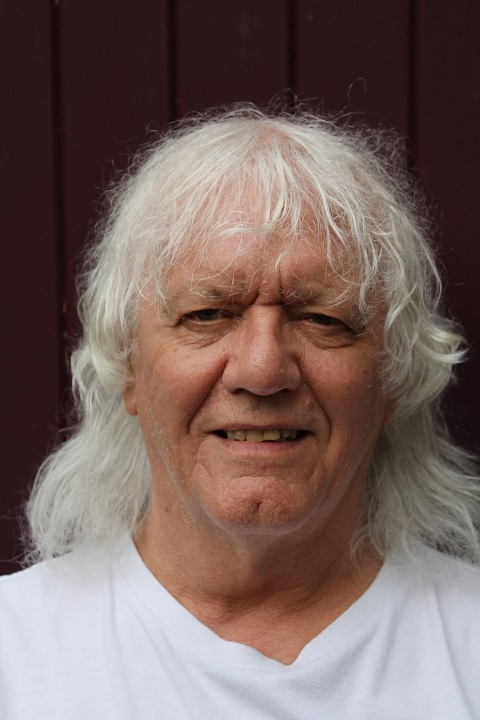I graduated with first class honours in Mathematics from Cardiff University in 1972 and followed this with MSc and DPhil degrees in Mathematics and The Foundations of Quantum Mechanics from Oxford University. For 35 years I was a member of the academic staff at Loughborough University, teaching and researching in Mathematics, Geometric Computation, Computer Graphics and Image Processing. I am currently interested in the emerging technology of Quantum Computation - which combines the discipline of my doctoral thesis with my later work in computation. I have approximately 100 articles in academic journals and conference proceedings - covering topics in quantum mechanics, mathematics and digital computing.
Research areas
Quantum Computation is an elegant, symmetric and, potentially, very powerful model of computation. The ‘bit’ of classical computation, which is the means of representing data, is replaced by the ‘q-bit’ in quantum computing. Each bit has just two possible states, whereas each q-bit has uncountably many distinct states. The superposition and entanglement of quantum states, of which there are no analogues in the classical domain, impart further power and prospects to Quantum Computation - such as teleporting!
In quantum mechanics, system states evolve under unitary transformation. It follows that quantum algorithms are suitable products of unitary operators acting on the contents of q-bit registers. As all unitary transformations have inverses, it is necessarily the case that Quantum Computing is reversible. Conventional digital computing is not reversible - classical digital processing involves a massive loss of information, which manifests itself as heat. Reversible digital computing is a current area of research which is closer to the quantum model, and holds the promise of future digital computers with greater thermo-dynamic efficiency.
My research interests in Quantum Computation are currently focused on the boundary of reversible-digital and Quantum Computation where ‘cross-over’, or quantisation, functions can be defined.
